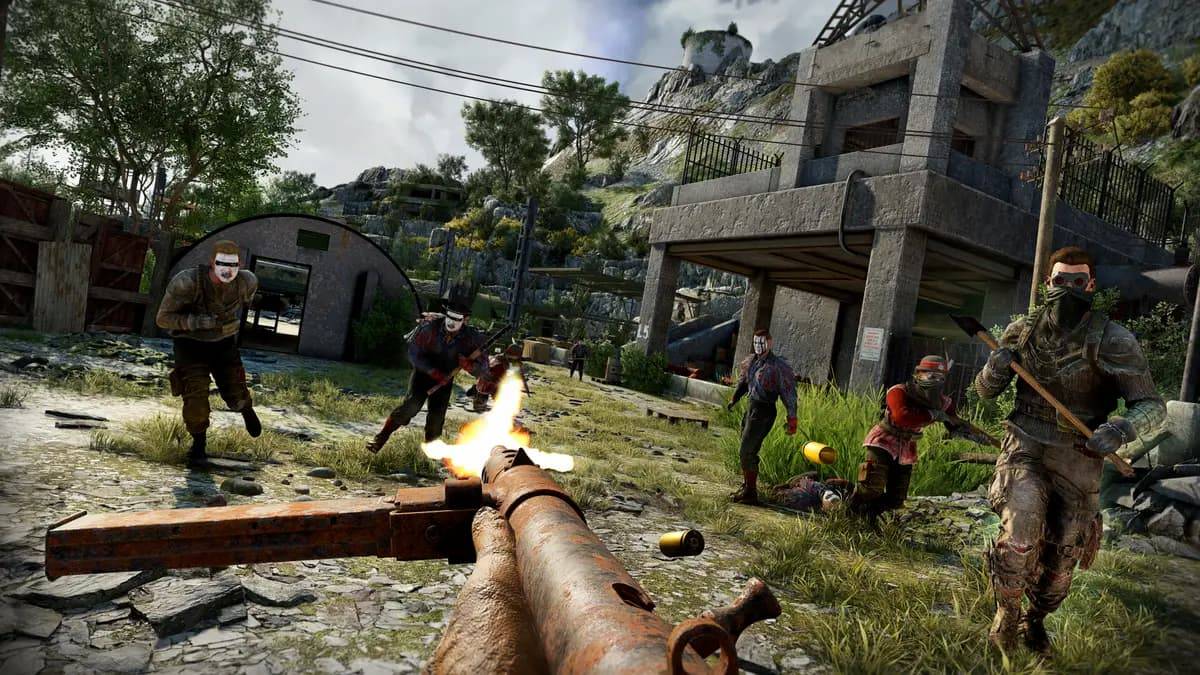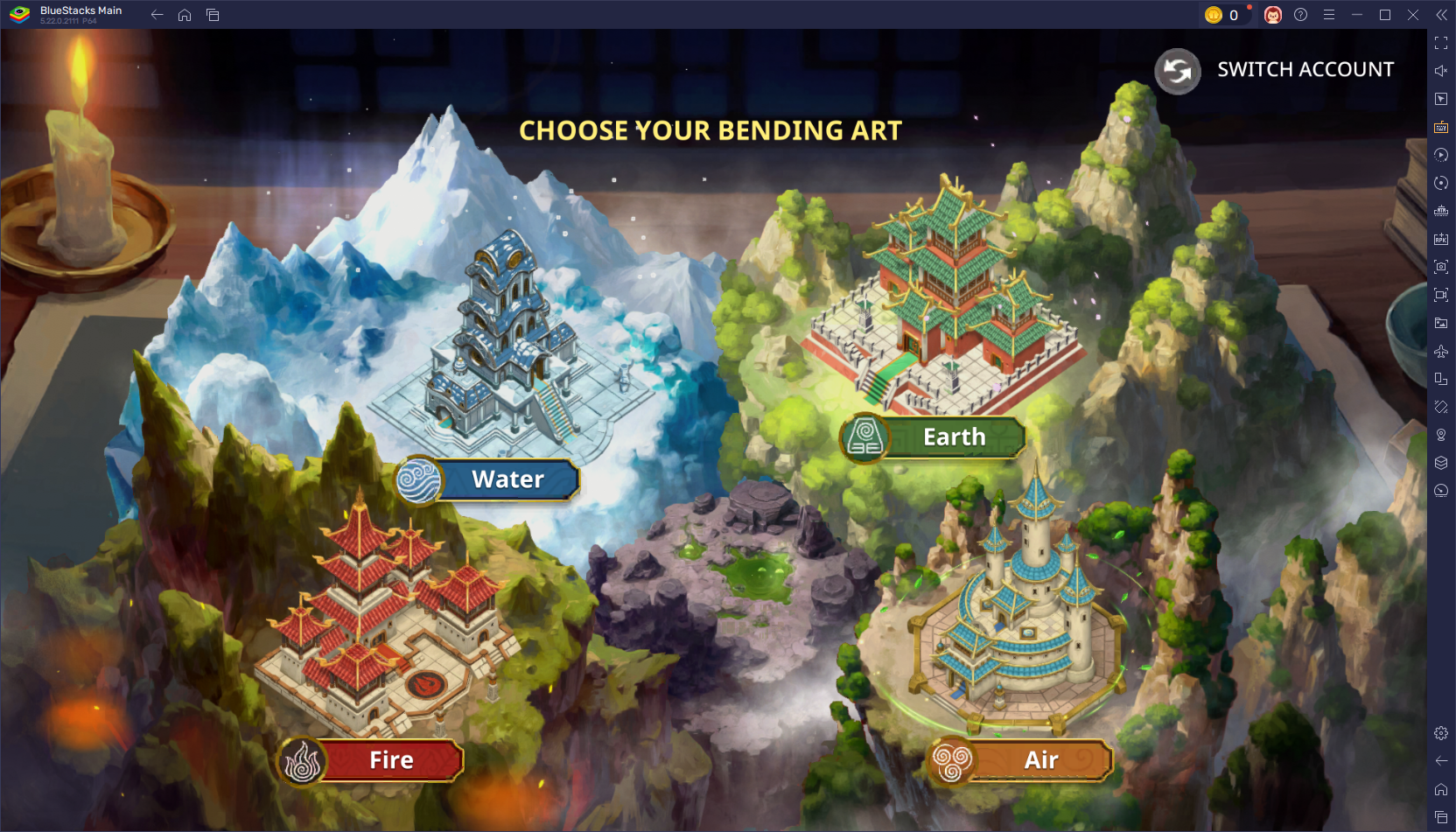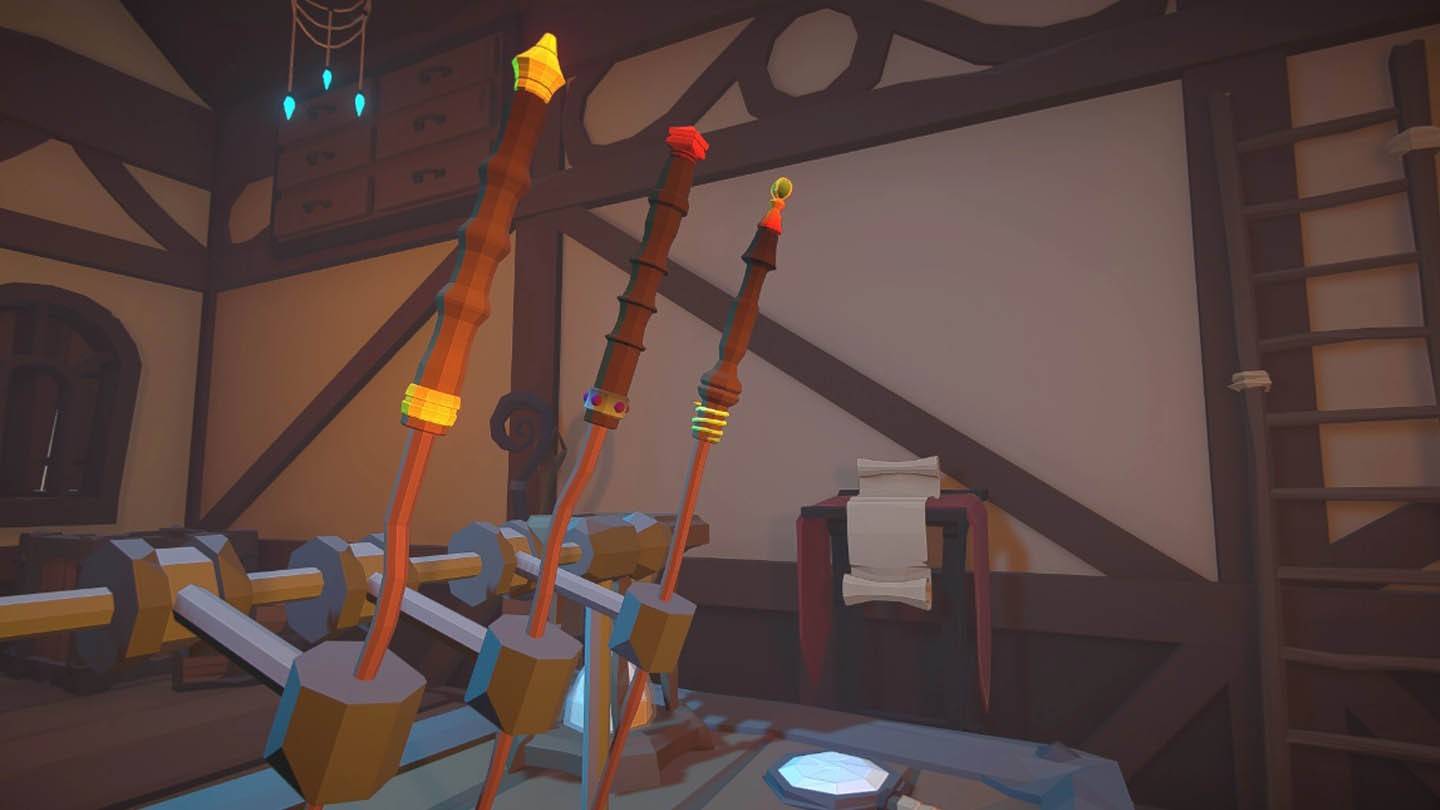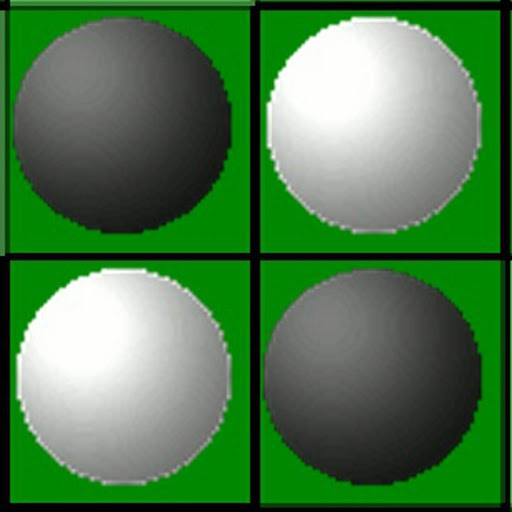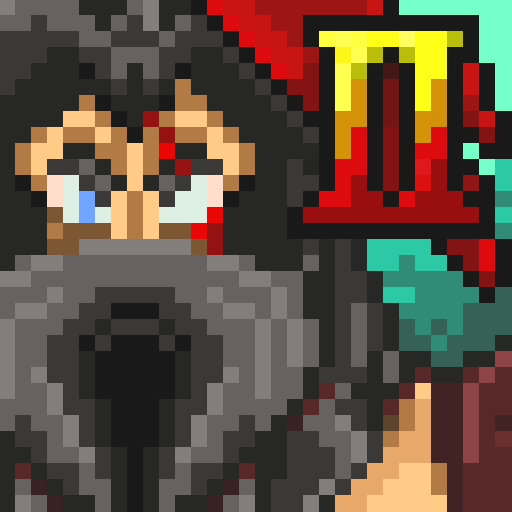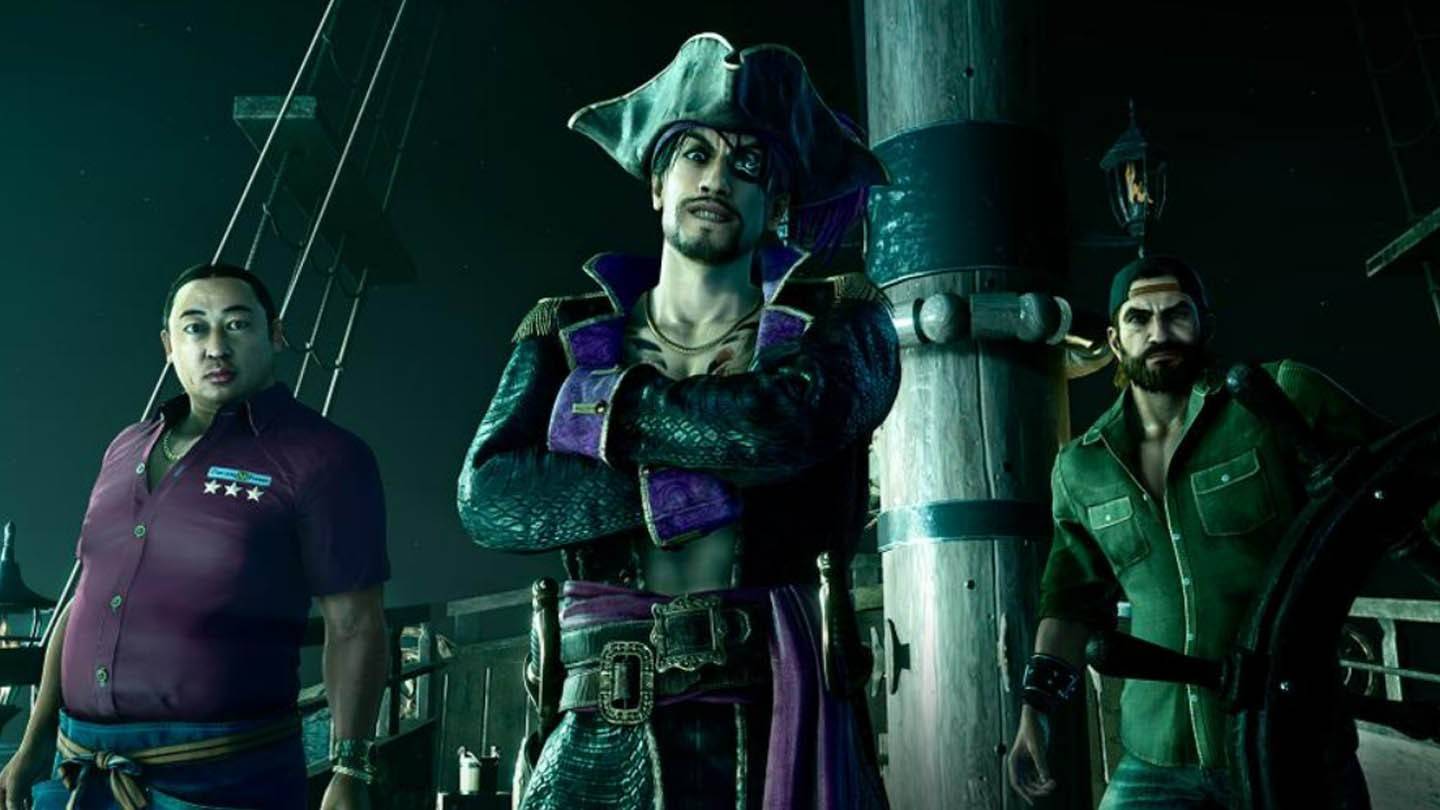
The latest installment in the cherished Yakuza series, *Like a Dragon: Pirate's Yakuza in Hawaii*, has received widespread acclaim from gaming publications worldwide. This game not only builds on the franchise's signature charm, humor, and engaging combat mechanics but also introduces novel elements that have captivated both seasoned fans and newcomers. However, like any ambitious project, it has sparked some mixed reactions.
One of the main reasons for the game's success is its innovative setting. By relocating the story to a tropical paradise teeming with pirates, Ryu Ga Gotoku Studio has created an experience that feels delightfully distinct from previous entries. The game's vibrant art direction, combined with witty dialogue and exaggerated scenarios, fosters a playful atmosphere that enhances the narrative. Players have especially lauded the meticulous attention to detail in recreating the Hawaiian setting, making it feel like a dynamic, immersive world full of surprises.
Combat continues to be a standout feature, skillfully blending turn-based strategy with real-time action. The pirate-themed battles introduce fresh mechanics such as ship-to-ship combat and treasure hunting, which inject variety into the gameplay. Critics have highlighted how these innovations boost replayability while preserving the series' signature balance of depth and accessibility.
In terms of storytelling, the game excels with its well-crafted characters and emotionally resonant narrative. Ichiban Kamuro and his crew confront new challenges that test their relationships and personal growth, delivering moments of humor, suspense, and poignant reflection. However, some critics have noted that certain plot elements may seem predictable or overly dependent on familiar tropes, though this is mitigated by the series' characteristic wit and charm.
Despite its many strengths, *Like a Dragon: Pirate's Yakuza in Hawaii* is not without its flaws. Performance issues on lower-end hardware have been reported, along with occasional bugs that can interrupt the immersion. Additionally, while the open-world design offers a wealth of exploration, some players may find certain activities repetitive or less polished compared to other AAA titles.
Overall, the game emerges as a robust addition to the Yakuza universe, skillfully blending innovation with tradition. Fans of the series will appreciate the continuation of beloved themes and mechanics, while newcomers will find a welcoming entry point into one of gaming's most unique franchises. With its high energy, engaging gameplay, and unforgettable characters, *Like a Dragon: Pirate's Yakuza in Hawaii* reaffirms why the series continues to flourish.


 LATEST ARTICLES
LATEST ARTICLES 